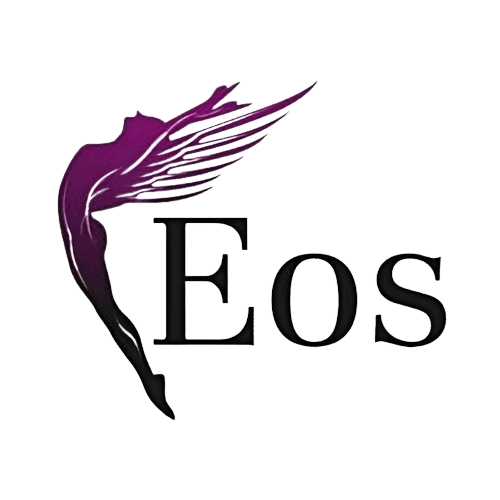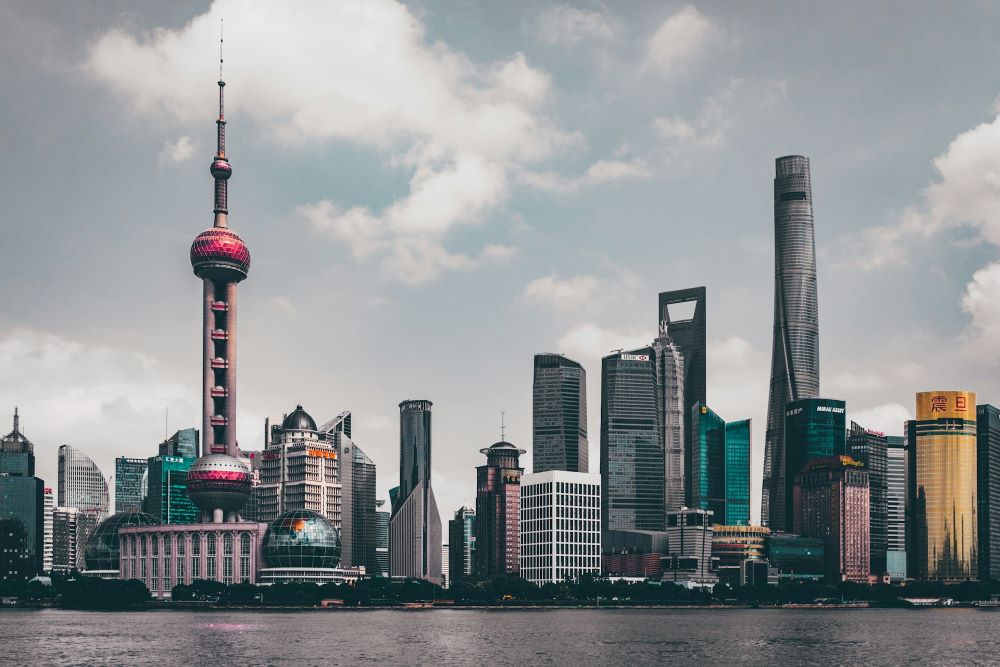Table of Contents
ToggleAs temperatures soar across Southeast Asia, the scorching heat not only poses challenges to daily life but also raises important considerations regarding employee rights. With the region experiencing more frequent and intense heatwaves due to climate change, it’s crucial for employers and employees alike to understand their rights and obligations in such conditions. Let’s delve into the impact of heatwaves on workplaces in Southeast Asia and discuss the rights employees are entitled to during these challenging times.
The Impact of Heatwaves on Workplaces
Southeast Asia is no stranger to hot and humid climates, but recent years have seen an increase in the frequency and severity of heatwaves. These extreme weather events can have significant implications for workplaces, particularly those where employees are engaged in outdoor activities or work in environments with inadequate cooling systems.
Heatwaves can lead to various health concerns for employees, including heat exhaustion, dehydration, and heatstroke. Such conditions not only endanger the well-being of workers but also impact their productivity and performance. Additionally, prolonged exposure to high temperatures can contribute to workplace accidents and injuries, further highlighting the need for employers to address heat-related risks.
Read more: Risk Mitigation Strategies for Small Businesses: A Tactical Blueprint
Employee Rights During Heatwaves
In Southeast Asia, where labour laws vary across different countries, it’s essential for employees to be aware of their rights, especially during heatwaves. While specific regulations may differ, there are some common principles that apply across the region:
- Safe Working Conditions: Employers have a legal obligation to provide safe working conditions for their employees, including measures to mitigate the effects of extreme heat. This may involve providing adequate ventilation, access to drinking water, rest breaks in shaded or cooler areas, and adjusting work schedules to avoid peak temperatures.
- Health and Safety Measures: Employers should implement health and safety protocols to protect workers from heat-related illnesses. This may include training employees on recognizing the symptoms of heat stress, providing personal protective equipment (such as lightweight clothing and hats), and establishing procedures for responding to heat-related emergencies.
- Right to Refuse Unsafe Work: In many Southeast Asian countries, employees have the right to refuse unsafe work if they believe it poses a serious risk to their health and safety. This right extends to situations where working conditions are excessively hot and pose a threat of heat-related illness. However, employees should follow the appropriate procedures for reporting unsafe conditions and seek resolution through established channels.
- Collective Bargaining and Representation: Trade unions and employee associations play a vital role in advocating for the rights of workers, including during heatwaves. Employees have the right to collective bargaining and representation to negotiate better working conditions, including measures to address heat-related risks.
- Legal Protections: Employers must comply with relevant labour laws and regulations pertaining to working conditions, hours of work, and employee rights. In cases where employers fail to uphold these standards, employees have the right to seek recourse through legal channels, such as labour departments or courts of law.
Read more: Global HR Compliance: Navigating Employment and Labour Laws Across Borders
Conclusion
As heatwaves become more frequent and intense in Southeast Asia, it’s imperative for employers to prioritise the health and safety of their employees. By understanding and respecting the rights of workers during extreme weather conditions, employers can create safer and more resilient workplaces. Likewise, employees should be empowered to assert their rights and advocate for measures to mitigate the impact of heatwaves on their well-being. Through collaboration and adherence to legal frameworks, both employers and employees can navigate the challenges posed by heatwaves while upholding fundamental principles of workplace safety and dignity.
Employer of Record (EOR) service providers like Eos Global Expansion can aid businesses during heatwaves in Southeast Asia by providing expert guidance on compliance with local labour laws and regulations regarding working conditions in high temperatures. Learn more about our services here or contact us directly.
Featured photo by Raimond Klavins on Unsplash







